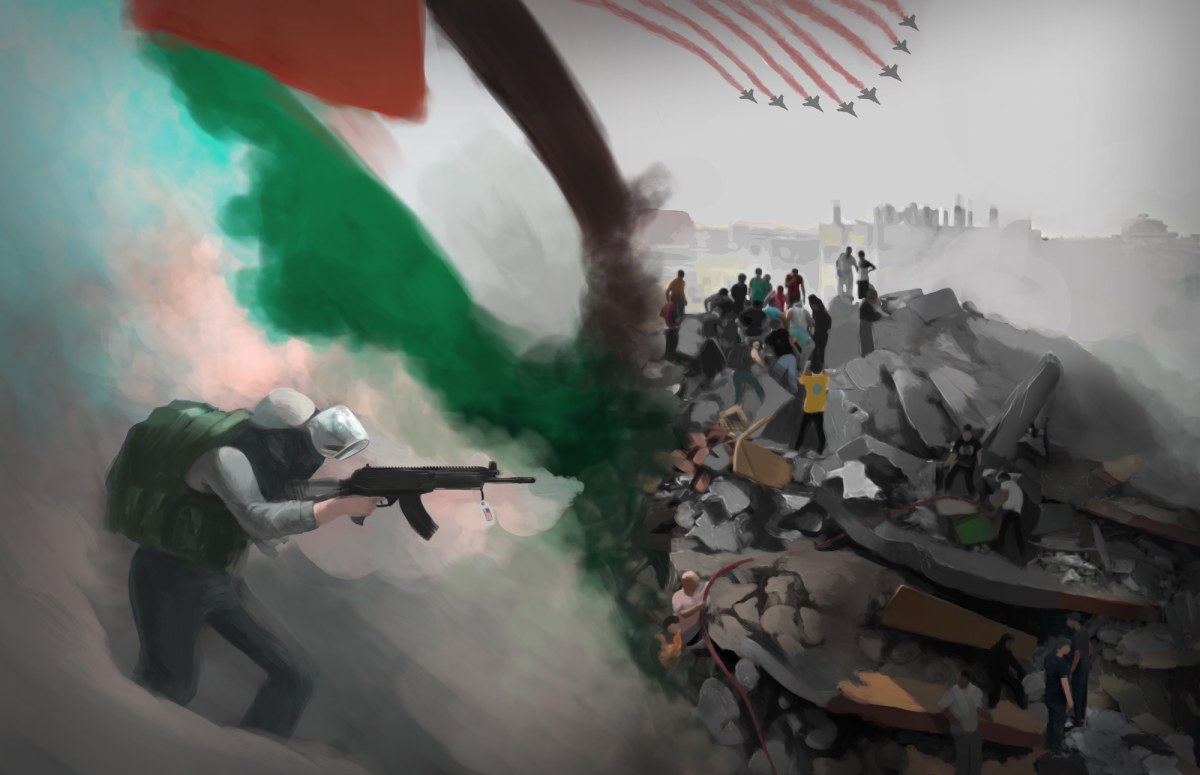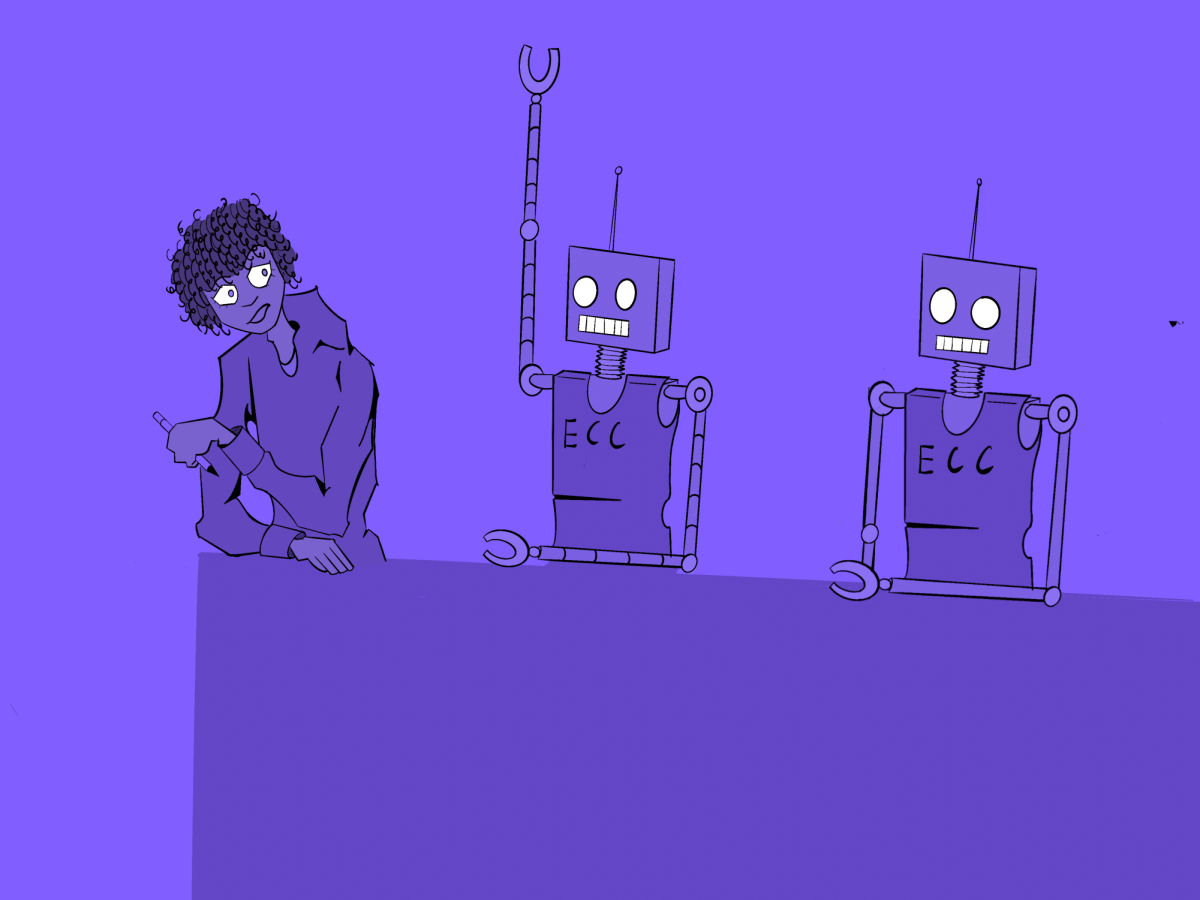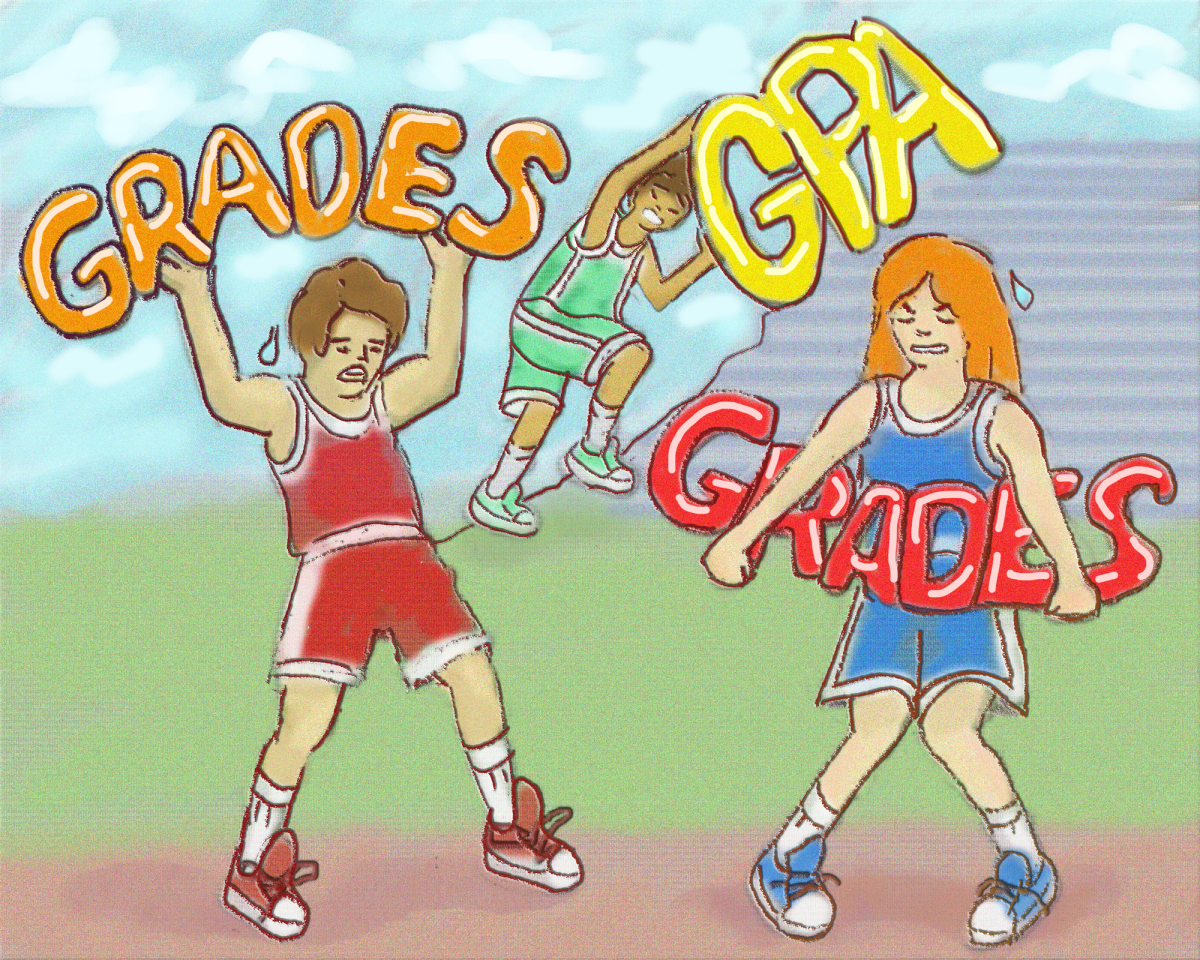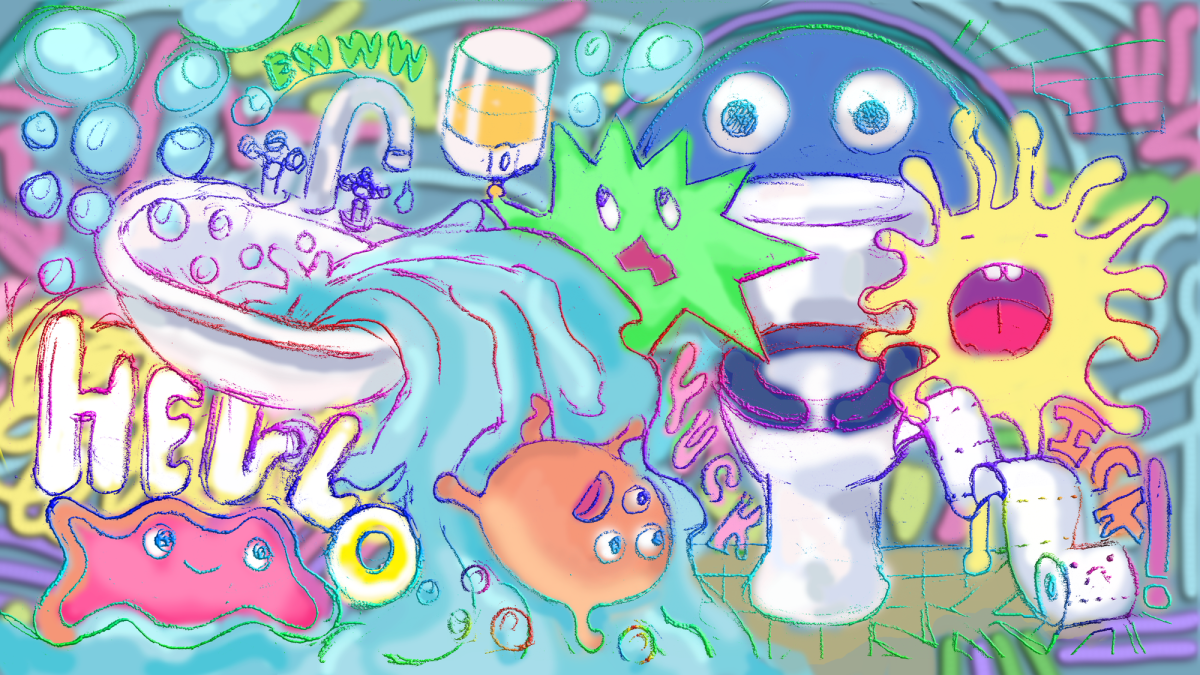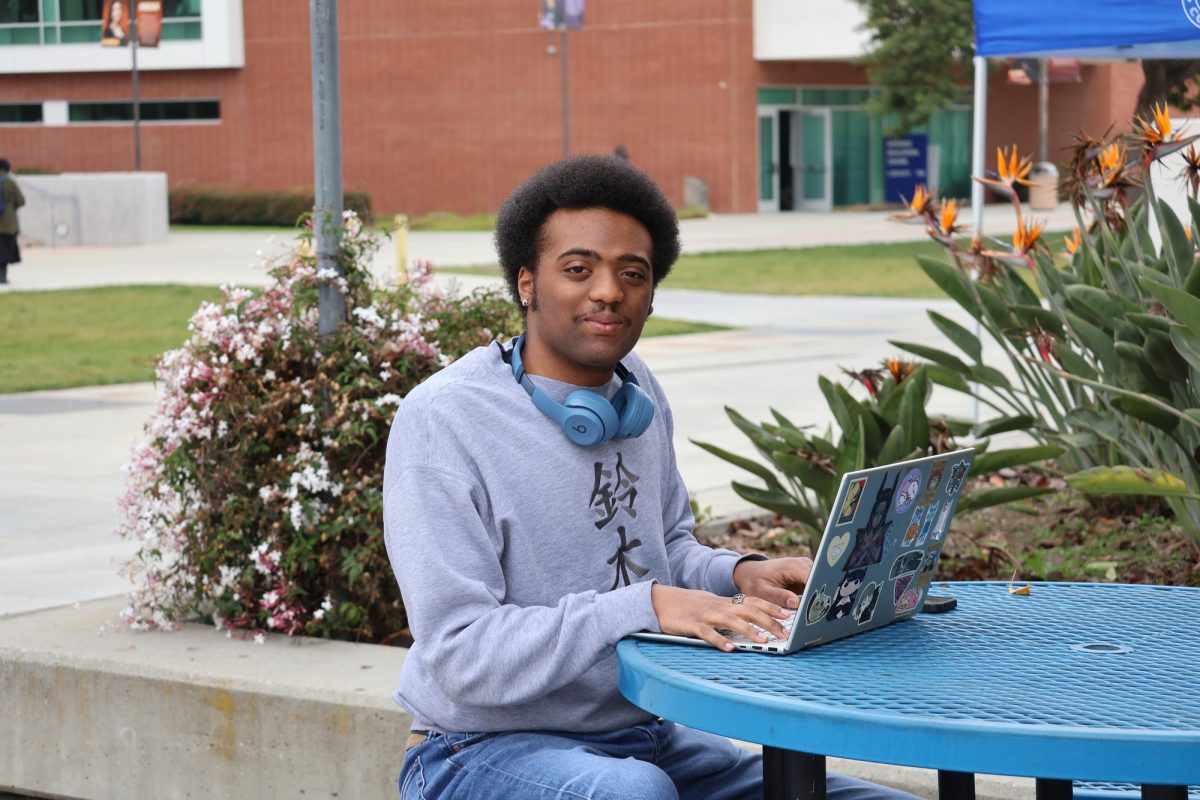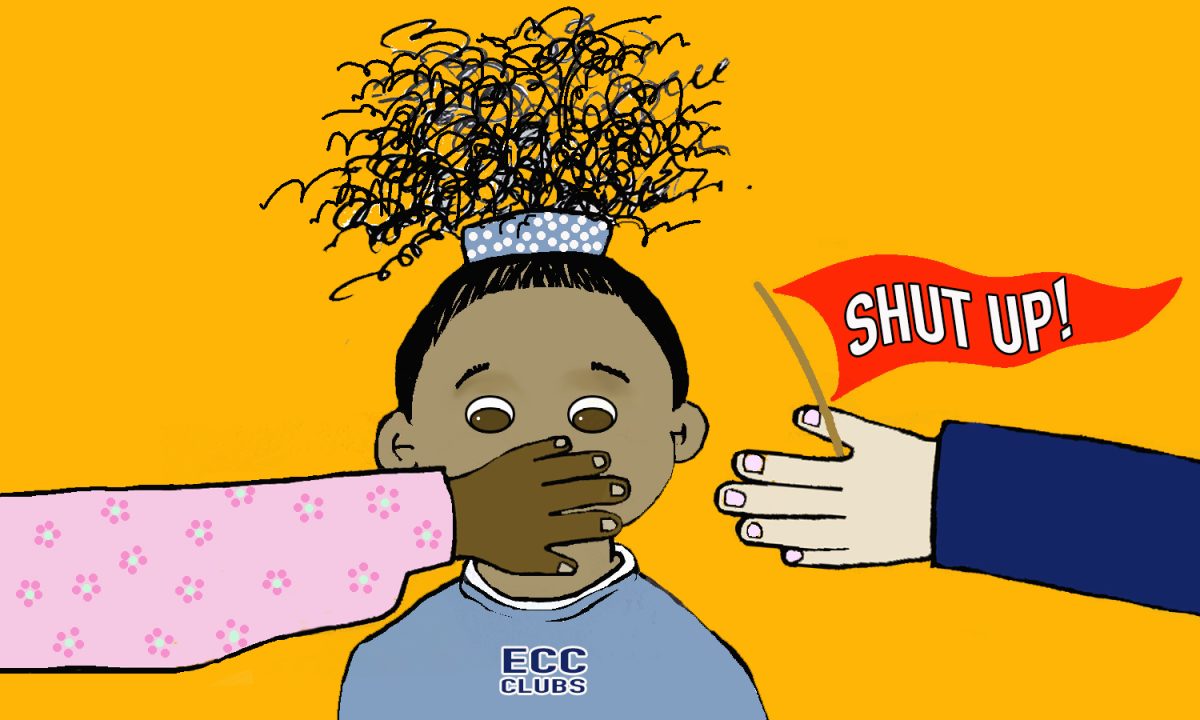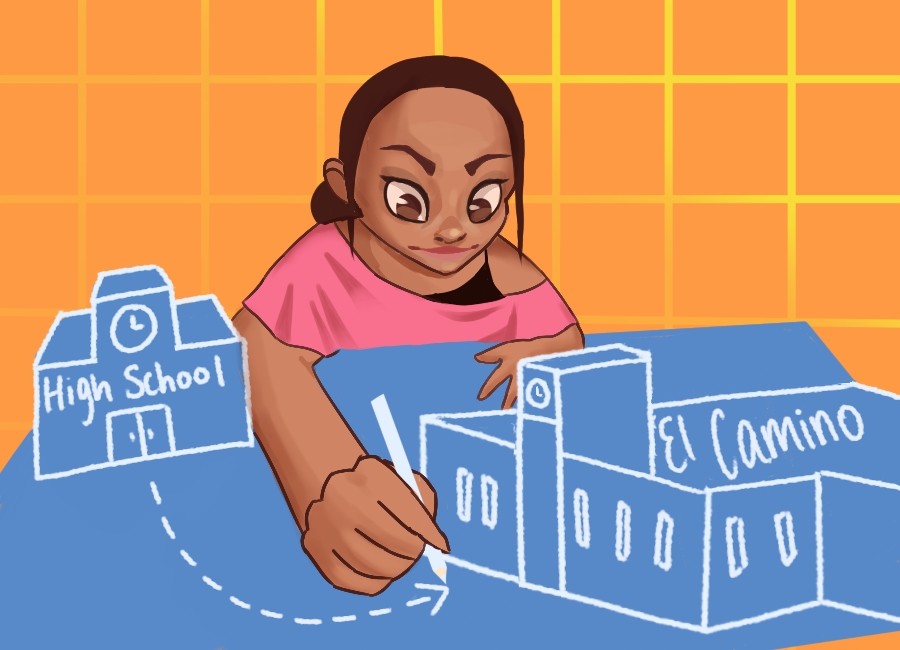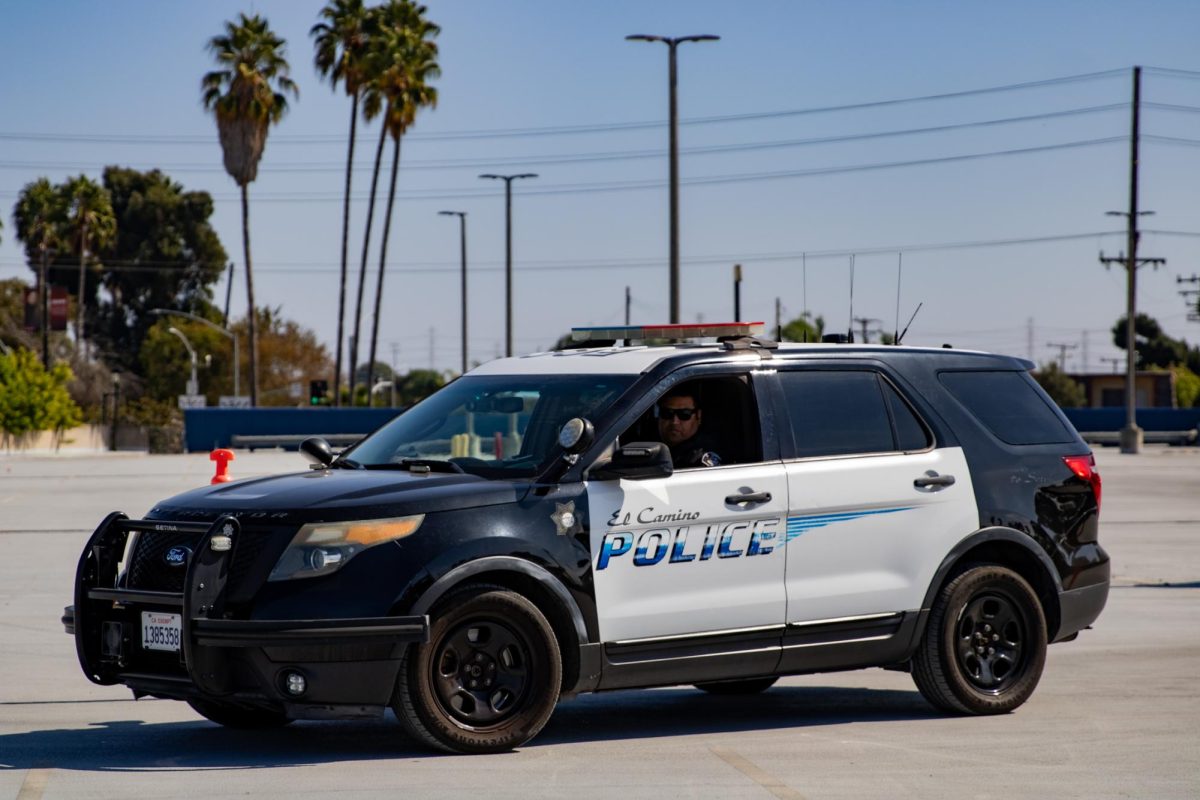As students walk through El Camino College doors, clutching their backpacks, it is symbolic of the future that awaits them.
An 11-year-old Palestinian boy clutches onto his backpack that contains the remains of his little brother Ahmed, as told by Al Jazeera English correspondent Youmna El-Sayed to Swedish media.
Nobody can make this image any metaphorical, not when such brutality surpasses even the frameworks of reality. The future was stolen, the time frozen, and the memory only reminds us that Ahmed and his big brother did not deserve this.
The Gazan genocide is being documented by first-hand sources and spreading via social media. I asked students around campus how they feel about this.
“Every two to three posts are about Palestine and Israel,” animation major Alexis Acosta, 21, said.
Psychology major Fatima Machorro, 19, said that though she wouldn’t consider herself to be quite educated about the topic, she was inclined to call what is happening in the region a genocide based on how many people she has seen killed as reported by the media.
Generally, there was a trend in the responses that the majority of people found Israel to be in the wrong in the current aggression but lacked the knowledge to be able to make a stance on the broader picture: the over 75-year-old conflict between Palestine and Israel.
Additionally, there was a widespread attitude that the world is violent and always has been and is unable to change.
Even if they participated in boycotting, protesting and other forms of resistance to the United States sending weapons and money to Israel, they didn’t consider themselves part of the “Ceasefire Now” movement.
They believed it to be futile and would be suppressed by governmental power.
Psychology major Aldred Teodoro, 22, felt he couldn’t do anything to help with what’s happening in Gaza.
Fashion merchandising major Yin Oo, 23, said she felt “the world has always been like this.”
These attitudes of helplessness, ambivalence and pessimism are all very understandable; in itself, there is no fault. However, they are also violent tools of the oppressor and the fault lies in what these tools produce.
Helplessness plagues the mind with the idea that the masses do not have power. Ambivalence creates cowardice.
Pessimism lies with the sentiment that resistance is not worth doing.
However, the most dangerous aspect of these principles is that they invalidate the possibility of liberation, resulting in the maintenance of oppressive systems.
Moreover, helplessness, ambivalence and pessimism reflect the dehumanization of oppressed bodies.
Brazilian educator and philosopher Paulo Freire argued in his book “Pedagogy of the Oppressed” that the oppressed lack humanity because they have been reduced to being recipients of oppression.
The oppressed believe that liberation is not worthwhile because they cannot see themselves as human beings who can fight for themselves. Helplessness, pessimism and ambivalence reassert this sentiment.
Arhum Ali, founder and professor at Kitaab Academy, an online platform that teaches Classical Arabic, recently organized an “Aqsa Conference” aimed at educating people about Palestine.
He said that to tackle these feelings of helplessness, ambivalence, and pessimism, one must educate oneself in history, as that will empower resistance struggles. He added that education breeds action and is long-term in its effect.
From talking to students, it is clear that Israel is losing the confidence of the public. The public mustn’t lose confidence in themselves.
Amy Tahani Bidmeshki, a Pasadena City College professor emphasizing anti-colonialism and resistance literature, said everything happens in increments and any movement is valuable.
As psychology major Zakiah Delery, 21, said, “The Palestinian struggle is vital to collective liberation.”


